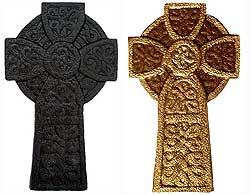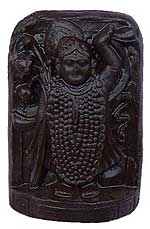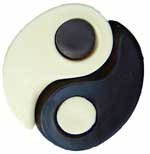Associated Press is carrying an article about how the Marine Reserves’ Toys for Tots program rejected and spurned a donation of 4,000 Talking Jesus Dolls.
Here is an excerpt:
A suburban Los Angeles company offered to donate 4,000 of the foot-tall dolls, which quote Bible verses, for distribution to needy children this holiday season. The battery-powered Jesus is one of several dolls manufactured by one2believe, a division of the Valencia-based Beverly Hills Teddy Bear Co., based on Biblical figures.
But the charity balked because of the dolls’ religious nature.
Toys are donated to kids based on financial need and “we don’t know anything about their background, their religious affiliations,” said Bill Grein, vice president of Marine Toys for Tots Foundation, in Quantico, Va.
As a government entity, Marines “don’t profess one religion over another,” Grein said Tuesday. “We can’t take a chance on sending a talking Jesus doll to a Jewish family or a Muslim family.”
Michael La Roe, director of business development for both companies, said the charity’s decision left him “surprised and disappointed.”
“The idea was for them to be three-dimensional teaching tools for kids,” La Roe said. “I believe as a churchgoing person, anyone can benefit from hearing the words of the Bible.”
This doll was featured in my previous post “Jesus Junk and Christian Kitsch 7 – Jesus Kitsch” and has fully articulated limbs, including hands and fingers that can gasp and hold. This “Messenger of Faith” comes with hand-sewn cloth outfits and sandals and quotes over a minute of Bible verses (John 3:16; Mark 12:30-31; John 3:3, 15:5, 20:29 — listen for yourself).
To top it all off, this Jesus looks kind of buff! While Talmida thinks the doll looks like George Michael, I think he looks more like country star Billy Ray Cyrus.
(HT The Lesser of Two Weevils)








